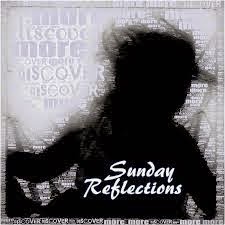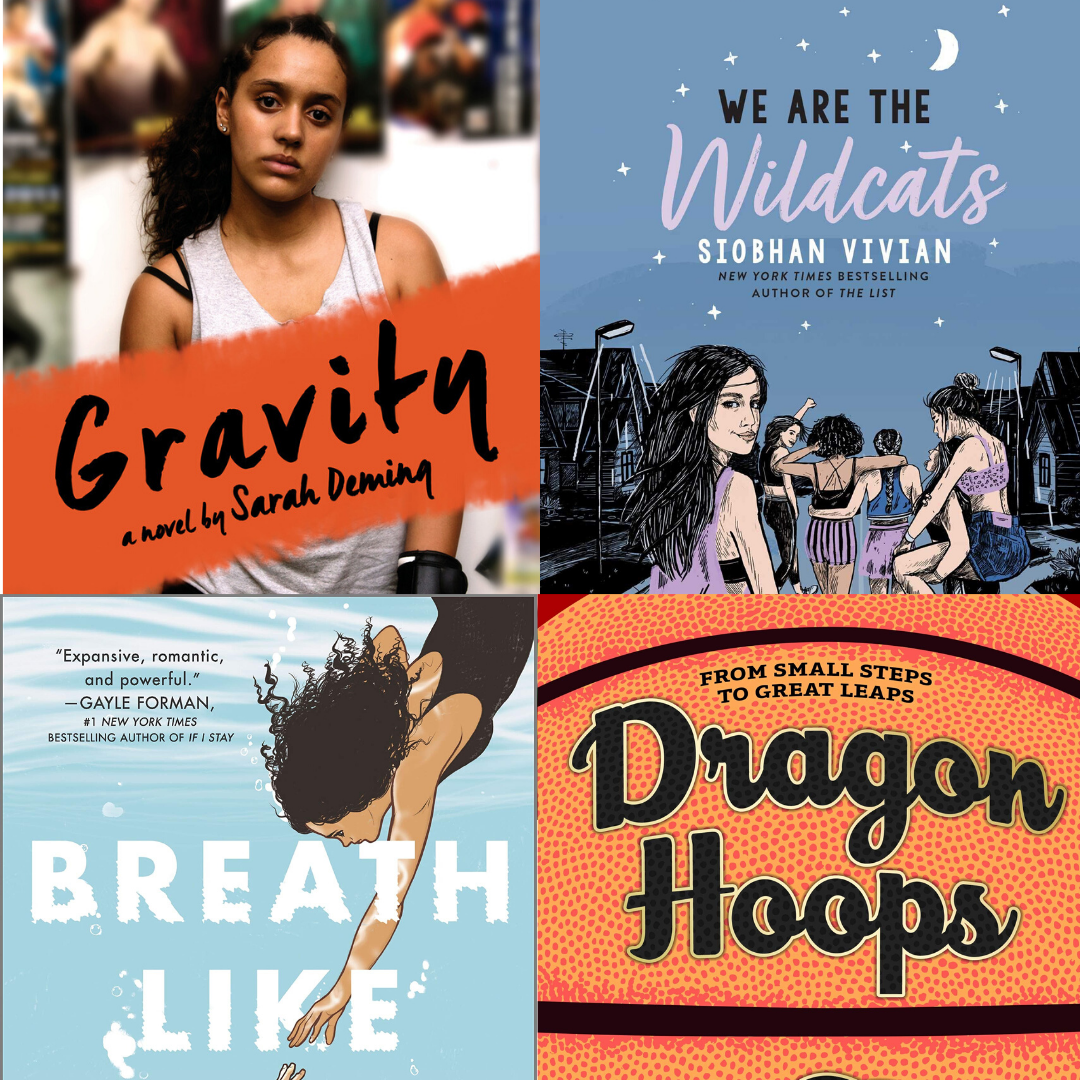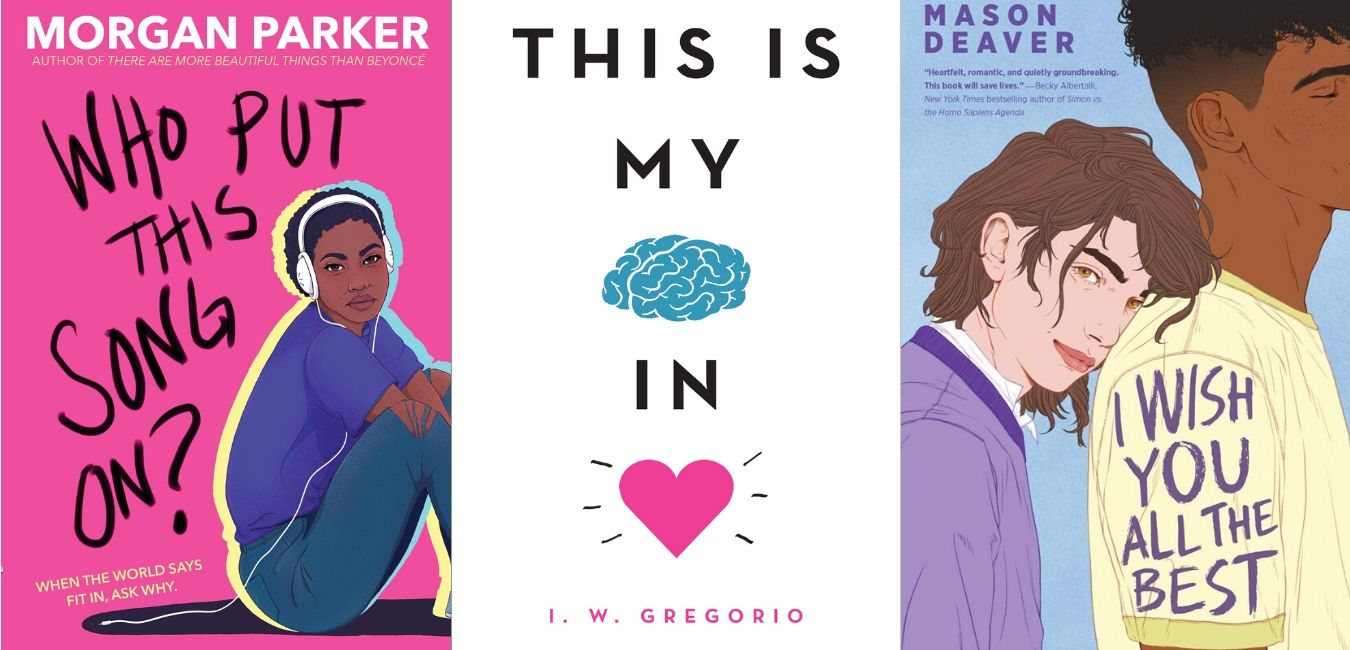Sunday Reflections: Please Don’t Ask Me How My Summer (or My Childhood) Was! A reflection on assignments and writing prompts
 She came to the Teen MakerSpace every day. Until she didn’t.
She came to the Teen MakerSpace every day. Until she didn’t.
Just a few weeks before school we learned that she had been sent to another state to live with extended family because both of her parents were now in jail.
2.3% of U.S. youth under the age of 18 have a parent in prison. That translates to over 2 in every 100 youth, or 1,706,600 youth overall. (source: http://blog.tpronline.org/?p=227)
****
By the time he reached Kindergarten, he has already been placed in a couple of different foster homes. He doesn’t have any pictures of when he was a baby. And we can only hope that he doesn’t remember the broken bones and cigarette burns that led to him being taken from his biological home.
ADVERTISEMENT
ADVERTISEMENT
On any given day, there are over 415,000 children in foster care. These children will remain in state care for an average of two years. (Source: http://www.childrensrights.org/newsroom/fact-sheets/foster-care/)
****
One of my best friends is the parent to children adopted from foster care. She is one of the many families I know that have fostered or fostered to adopt children. And she recently pointed out an issue that I had never thought about, even though I have advocated right here for more representation of teens in foster homes in YA literature. You see, two of the most popular assignments, especially for back to school, is the “tell me about your summer” or “tell me about your family assignment”. For many kids and teens, this is a loaded question. It’s dangerous. It’s complex. It’s not territory that they want to dive into publicly.
Bring in a baby picture? I can’t, none exist.
Tell you about my childhood? I spent years in and out of foster homes, living out of a plastic bag and recovering from broken bones or sexual abuse.
Tell you about my summer? I spent the summer visiting my mom and dad in jail until I was sent to live here.
****
I spent the summer between my 3rd and 4th grade year sleeping weekends on the floor of a single bedroom apartment while my parents navigated a divorce and tried to go from a two-income home to a single-income home. It would take many years before we were financially stable again. That summer, like many of the summers that would come after that one, quite frankly sucked. Want to know what we did? We cried a lot. We fought a lot. We tried to ignore our hunger a lot. We survived. But barely.
So here’s what I propose: we need to rethink the assignments that we give our kids in school. We need to acknowledge that many of our kids are suffering in ways that we can’t imagine and not make their school grades dependent on them sharing that suffering with us or publicly because many times they are not ready.
The number of children and teens that I know that come from stable and supportive homes is remarkably low. So why are we still asking them to share their family histories, their birth stories, or how their summer went? Possibly out of habit. Possibly out of denial. Often from a place of privilege or idealization. But the truth is, these are irresponsible assignments and writing prompts in a world where approximately 50% of marriages end in divorce, where 1 in 4 adults struggles with mental illness, where 1 in 4 people are the victims of sexual abuse, and where hundreds of thousands of kids are being placed into foster homes.
ADVERTISEMENT
ADVERTISEMENT
So it’s time to rethink the assignments and writing prompts that we give our kids. If you still see value in asking about birth stories or summer or childhood memories, then please give your students choices so that they don’t have to share that information if they don’t want to. Instead of one writing prompt give four or five.
Or ask your students to share who they are in more meaningful ways if your goal is getting to know you. Instead of asking about birth and early childhood, ask them about their favorites: favorite foods, favorite colors, favorite songs, books or movies.
We need to rethink the information we are asking our children and teens to share. We need to recognize that many of them are dealing with and trying to process trauma and that they should be allowed to do that in their own time and in their own way. We need to actively avoid scenarios in the classroom that might somehow out information that they don’t want or are not yet ready to share.
So before you ask children and teens to share childhood stories or pictures about their childhood or summer, please consider that many of the children and teens sitting in your classroom don’t have good stories to share right now and ask a different question instead.
Filed under: Sunday Reflections
About Karen Jensen, MLS
Karen Jensen has been a Teen Services Librarian for almost 30 years. She created TLT in 2011 and is the co-editor of The Whole Library Handbook: Teen Services with Heather Booth (ALA Editions, 2014).
ADVERTISEMENT
ADVERTISEMENT
SLJ Blog Network
Behind the Scenes Q&A: DALMARTIAN by Lucy Ruth Cummins
Cape Verde Gets Its Day In the Sun: A Q&A with Janet Costa Bates
Number Call | Review
It’s Time for More Mock Newbery Suggestions
ADVERTISEMENT








THANK YOU! At the very least, teachers should offer a choice of writing prompts. I wish you could reach more teachers with your messages of empathy and open more eyes to the reality that many children have daily struggles that we don’t even begin to imagine. School should be a place of refuge and empowerment, but it too often is another place for cultural oppression and bullying to take place, unchecked.
Last year I played Brad Paisley’s “Letter to Me” for my classes of 8th-grade students, and told them to write a letter to their 6th-grade selves. What advice did they wish someone could have given them? What choices did they wish they hadn’t made? What choices turned out better than they might have thought at the time. I told them they could focus on any of those questions, or come up with some idea of their own, and I promised them that no one but me would read what they wrote – and, fortunately, it was a promise I was able to keep. But it did give me a better appreciation of the struggles so many of them had faced.
Yes, yes, yes! As the mom of two kids adopted from an orphanage after being removed from a dangerous home, we HATE these assignments. When I contacted the third grade teacher last year to ask for some revisions to the family tree assignment, she basically told me, “Whatever–feel free to adjust it.” Of course we were adjusting it, but my daughter needed to hear from her teacher that there were other options, not have her mom show her how to turn in an assignment that wasn’t going to look like anyone else’s.